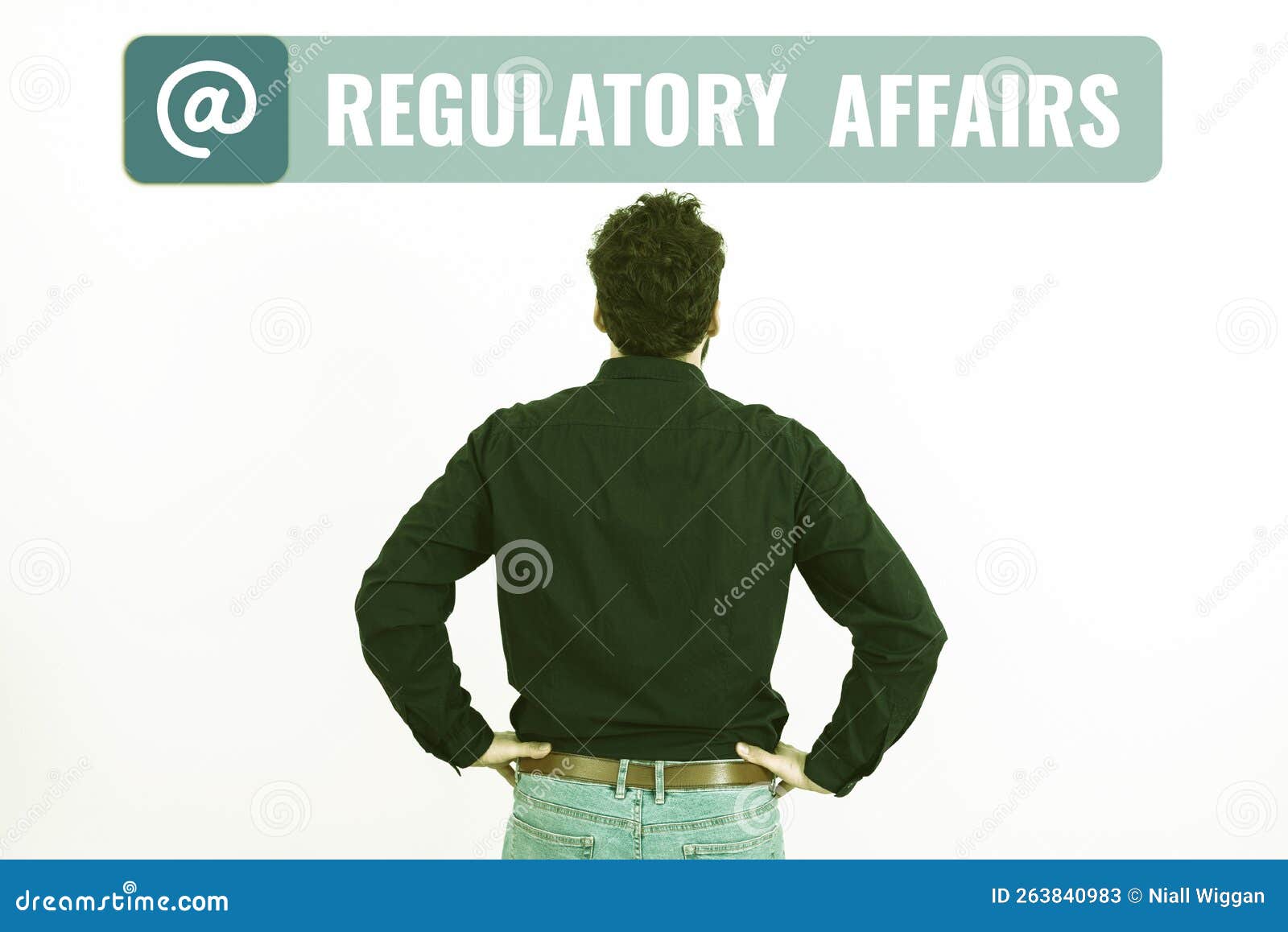The Impact of AI on Regulatory Affairs
The Impact of AI on Regulatory Affairs
Blog Article

The landscape of regulatory affairs is undergoing a significant transformation, driven by the rapid advancements in artificial intelligence. This evolution is reshaping how regulatory professionals navigate the complexities of compliance, product approvals, and safety assessments. As regulatory bodies worldwide seek to enhance efficiency and effectiveness, AI technologies are emerging as powerful tools that promise to streamline processes, improve data analysis, and facilitate better decision making.
In this dynamic environment, the integration of AI into regulatory affairs presents both opportunities and challenges. On one hand, AI can help organizations manage vast amounts of data, identify trends, and ensure that regulatory submissions meet the required standards more accurately and swiftly. On the other hand, the dependence on automated systems raises questions about transparency, accountability, and the need for regulatory frameworks that can adapt to these technological advancements. As we explore the impact of AI on regulatory affairs, it becomes crucial to consider how these innovations will shape the future of compliance and support the ongoing mission of ensuring public safety and welfare.
AI in Regulatory Compliance
Artificial intelligence is transforming regulatory compliance by automating and optimizing processes that were once labor-intensive. Organizations in various industries are increasingly relying on AI tools to analyze large volumes of data, enabling them to identify compliance risks more effectively. This not only reduces the time taken to fulfil regulatory requirements but also enhances accuracy, ensuring that organizations remain compliant with changing laws and regulations.
Moreover, AI can facilitate real-time monitoring of compliance statuses, allowing organizations to respond quickly to potential violations. With capabilities such as predictive analytics, AI systems can forecast compliance issues before they arise, providing a proactive approach to regulatory affairs. This shift in focus from reactive to proactive compliance management significantly mitigates the risk of noncompliance penalties that organizations often face.
Additionally, AI-powered solutions can assist in navigating the complexities of regulatory submissions and approvals. By streamlining documentation processes and improving communication with regulatory bodies, AI aids organizations in expediting the review and approval phases for new products and services. This enhancement not only accelerates time-to-market but also fosters a culture of compliance that is both efficient and comprehensive.
Regulatory Affairs Certification
Challenges of AI Integration
The integration of artificial intelligence into regulatory affairs presents several significant challenges that organizations must navigate. One of the primary challenges is ensuring compliance with existing regulations while also adopting new AI-driven technologies. The regulatory landscape is continuously evolving, and organizations must stay abreast of changes that may impact the implementation and use of AI in their processes. This adds a layer of complexity as companies strive to leverage AI's potential while adhering to stringent regulatory standards.
Another challenge is the need for high-quality, standardized data. AI systems rely on vast amounts of data to function effectively, and in regulatory affairs, the quality of this data is paramount. Inconsistent data formats, incomplete datasets, or variations in data definitions can lead to skewed results and hinder the effectiveness of AI systems. Organizations face the daunting task of curating and standardizing data from various sources, which can require significant time and resources.
Lastly, there is often a skills gap when it comes to understanding and applying AI in regulatory contexts. Regulatory professionals may lack the technical expertise needed to effectively integrate AI technologies, creating a barrier to successful implementation. To overcome this challenge, companies need to invest in training and development for their teams, ensuring that regulatory affairs professionals are equipped with the knowledge to work alongside AI tools and maximize their benefits within the regulatory landscape.
Future Trends in Regulatory Affairs
As technology continues to evolve, the landscape of regulatory affairs is expected to undergo significant transformations. One prominent trend is the increased integration of artificial intelligence into regulatory processes. AI has the potential to improve the efficiency of data analysis, compliance tracking, and risk assessment. By automating routine tasks and providing advanced analytics, organizations can respond more swiftly to regulatory changes and enhance their decision-making capabilities.
Another important trend is the growing emphasis on global harmonization of regulatory standards. As companies operate on a global scale, consistent regulations across borders are becoming increasingly crucial. Regulatory authorities are working towards establishing more aligned frameworks that facilitate easier market access and streamline approval processes. This trend will likely foster collaboration among international regulatory bodies and help to reduce the complexity faced by companies navigating multiple jurisdictions.
Lastly, the role of stakeholder engagement in regulatory affairs is set to expand. Organizations will increasingly rely on transparent communication with regulators, healthcare professionals, and the public to navigate complex regulatory environments. Enhanced collaboration and feedback mechanisms can lead to better-informed regulations and improved public trust in regulatory processes. This shift emphasizes the importance of adaptability and proactive strategies in meeting the evolving demands of regulatory affairs.
Report this page